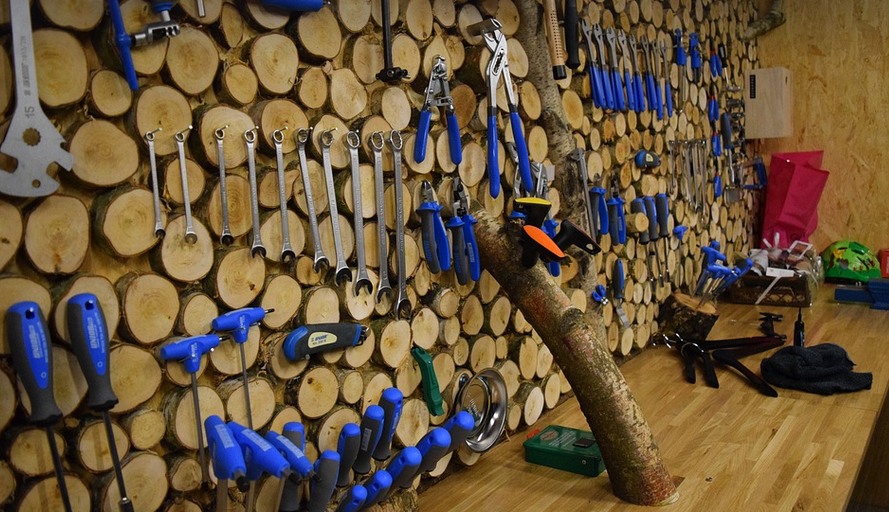A/C Blues? Your Window Unit Might Be Playing Silent Game
So, you’re struggling with an unresponsive window air conditioner, and your home’s staying toasty hot. Before you reach for the thermostat’s “emergency heat” button, let’s tackle this problem head-on! A non-functioning condenser is a real pain, but fear not – it’s often fixable and there are some simple steps we can take to get your window unit back in top form.
First things first, let’s clear the air (literally!). A faulty or obstructed condenser unit can be a major culprit behind your A/C woes. Understanding why this happens will help us pinpoint the problem and find the solution.
Here’s a breakdown of potential issues that might be keeping your AC from firing up:
The Power Issue:
**Why it matters:** Your window unit needs electricity to work, right? A tripped circuit breaker or blown fuse can instantly shut down the entire A/C system. Think of it like this – the condenser relies on power just like your computer does! Without it, no AC magic is happening.
**How to troubleshoot:** First, check the main breaker box for any tripped breakers that might be affecting your AC unit’s power supply. If you have a digital multimeter handy, use its continuity function to test if there’s a broken connection in the power cord. Don’t forget to consult your AC’s manual for specific troubleshooting steps.
The Cooling Cycle:
**Why it matters:** Your condenser needs to be running smoothly and efficiently to deliver cool air into your home. A faulty thermostat, control board, or refrigerant leak can disrupt this cycle, leading to a malfunctioning AC unit.
**How to troubleshoot:** If your AC isn’t getting power, check the temperature setting on your thermostat and make sure it’s set to “cool.” The fan might also be set to ‘off’ or to ‘auto.’ If you have time, try turning off your AC and restarting it. This sometimes helps clear any minor software glitches.
The Compressor Issue:
**Why it matters:** The compressor is the heart of your AC unit, responsible for compressing refrigerant to transfer heat from inside your home. A faulty or damaged compressor will mean no cold air.
**How to troubleshoot:** A faulty compressor often requires professional repair or replacement. If you hear unusual noises, like a groaning or clicking sound coming from the compressor during operation, this is a sure sign of trouble.
The Fan Issue:
**Why it matters:** The condenser fan helps to draw air through the unit and cool down the motor, ensuring efficient operation. A malfunctioning fan can prevent airflow and lead to overheating or complete shutdown.
**How to troubleshoot:** If your AC is not turning on, check if the power cord is properly plugged into both the wall outlet and the unit’s power plug. Look for loose connections or damaged wires that might be causing a break in the circuit. If you can, gently shake the fan motor to see if it’s free and smooth. If the fan itself sounds like an engine sputtering during operation, take your AC to a professional technician.
The Obstructed Airflow:
**Why it matters:** The condenser is responsible for removing heat from the air inside your home. A buildup of debris or dust can obstruct airflow and hinder cooling performance. If the condenser fan isn’t turning on, or if you see a build up of debris on the unit, then this might be the cause of the issue.
**How to troubleshoot:** Clean out any obstructions around your AC unit, like leaves, twigs, dirt, and any other items that might be blocking airflow. The condenser should have a designated area for air intake and exhaust. Ensure there are no clogs in the exhaust port or in the vents on the unit itself.
The Weather Issue:
**Why it matters:** Extreme weather conditions can sometimes impact your AC’s performance. If your AC is struggling to keep up with high temperatures, humidity, or strong winds, it might simply be taking longer than usual to cool down your home.
**How to troubleshoot:** Make sure your AC unit is situated in a well-ventilated area away from direct sunlight and other sources of heat. Keep the air vents around your AC unit clear of furniture and heavy objects that may obstruct airflow.
The Maintenance Issue:
**Why it matters:** Regular maintenance can prevent bigger problems down the road! A clean condenser, a properly functioning thermostat, and scheduled checkups will keep your cooling system running smoothly for years to come.
**How to troubleshoot:** Consult your AC’s user manual for recommended maintenance intervals. These may include cleaning filters, cleaning the condenser unit exterior, and having it serviced by a professional technician every year or two.
Remember, if you’re ever unsure about what to do next, seek expert advice from a qualified HVAC technician! They have the skills and knowledge to diagnose and fix complex issues and can help your AC compressor run smoothly again.
